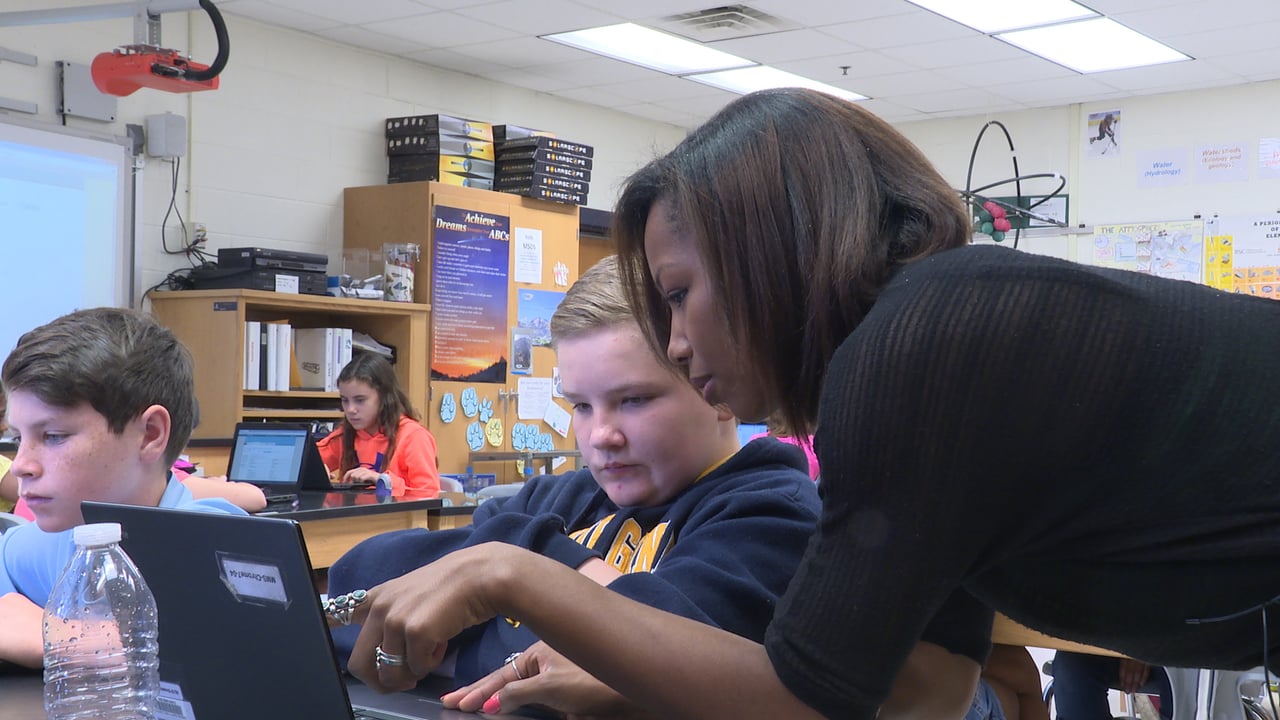A study released by Education Elements, which analyzed performance data from 36,000 students that used personalized learning in the school year 2016-2017, shows a strong growth in reading and math and other academic measures.
A study that analyzed performance data from 36,000 students that used personalized learning in the school year 2016-2017 shows a strong growth in reading, math and other academic measures.
Personalized learning encompasses a variety of programs that aim to address different learning needs and interests of students from diverse backgrounds.
The paper “2016-2017 Impact Report: Building Capacity for Personalized Learning and More” examined data of school districts in the US in which the consulting firm Education Elements collaborated in the implementation of personalized learning programs.
“This school year, across 36,000 students from five of our districts with established implementations of personalized learning, students achieved average growth of 130% in reading and 122% in math on the NWEA MAP exam. Fifty-seven percent of those students met or exceeded the reading growth target, and 61% met or exceeded the math growth target,” states the document.
Additionally, academic leaders are positive about the approach. Ninety-two percent of district leaders said teachers were more effective, while 70% of teachers were confident that personalized learning has a positive effect on teaching and learning.
Education Elements says it is going beyond personalized learning and has developed a competency-based education framework and tool-kit to help district leaders implement this approach in their schools. Also, they are pushing for the use of open educational resources.
“The increasing accessibility of open educational resources (OER) creates a need for schools and districts to understand, evaluate, support, and monitor the types of freely available resources that teachers use to drive instruction”.
This article from Observatory of the Institute for the Future of Education may be shared under the terms of the license CC BY-NC-SA 4.0 
)
)


)